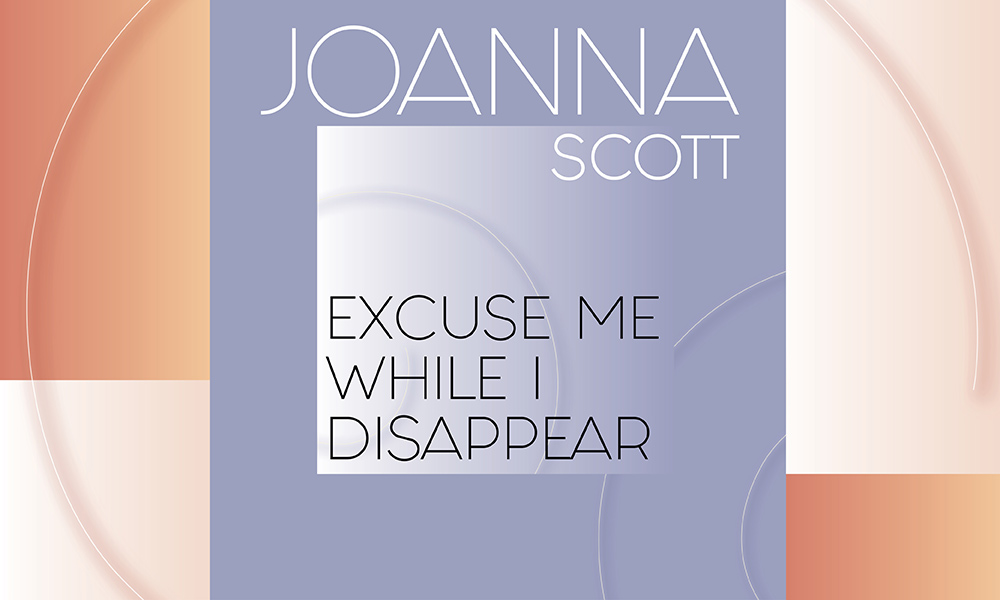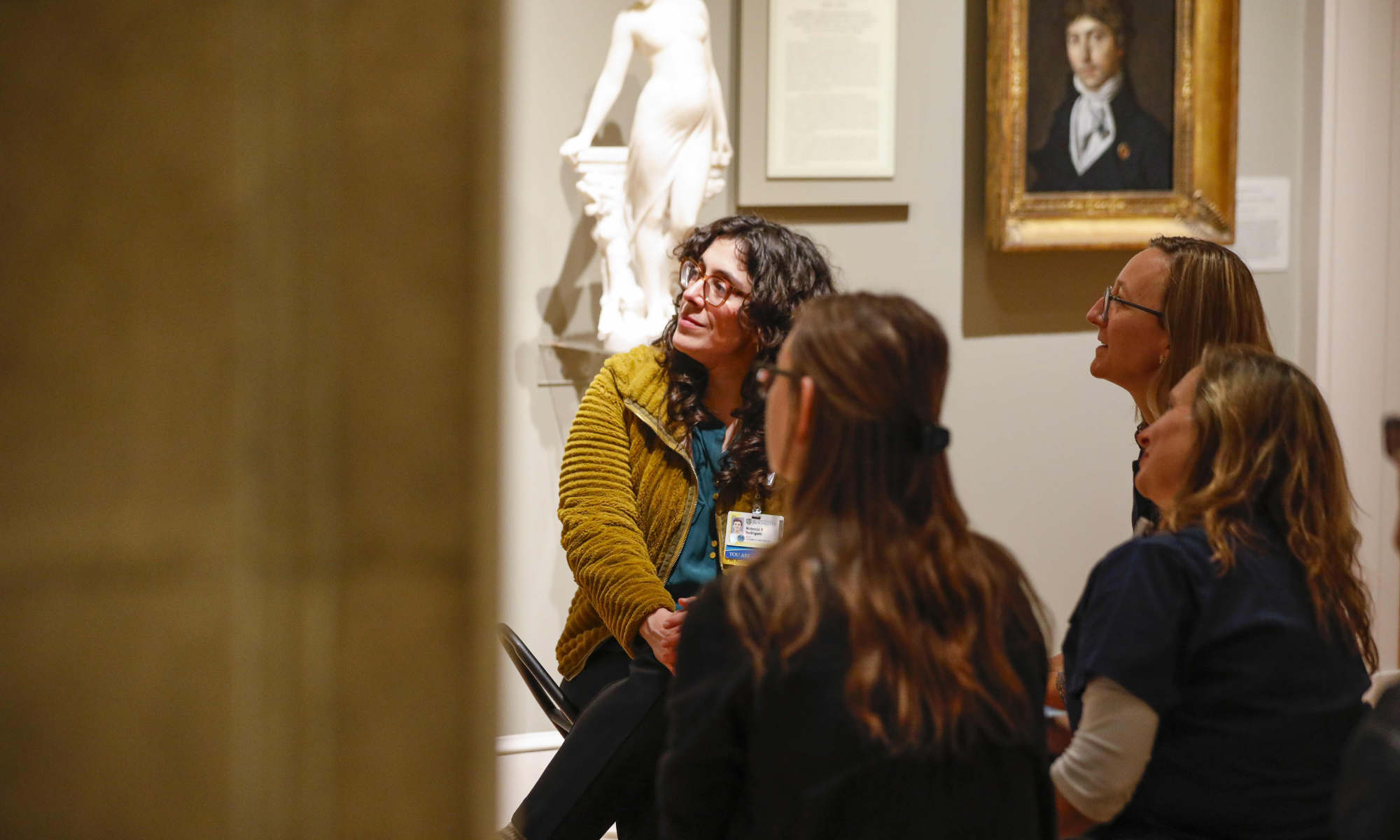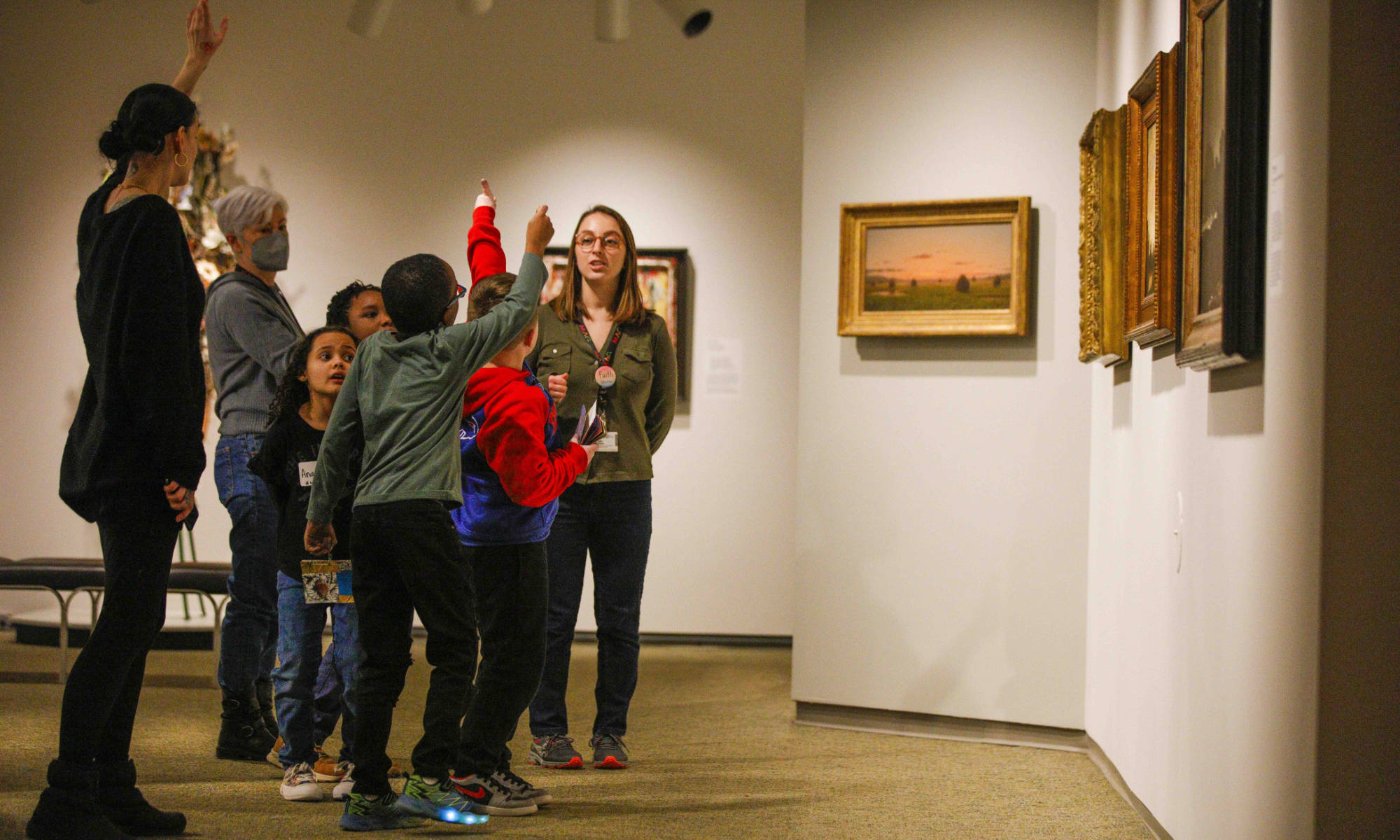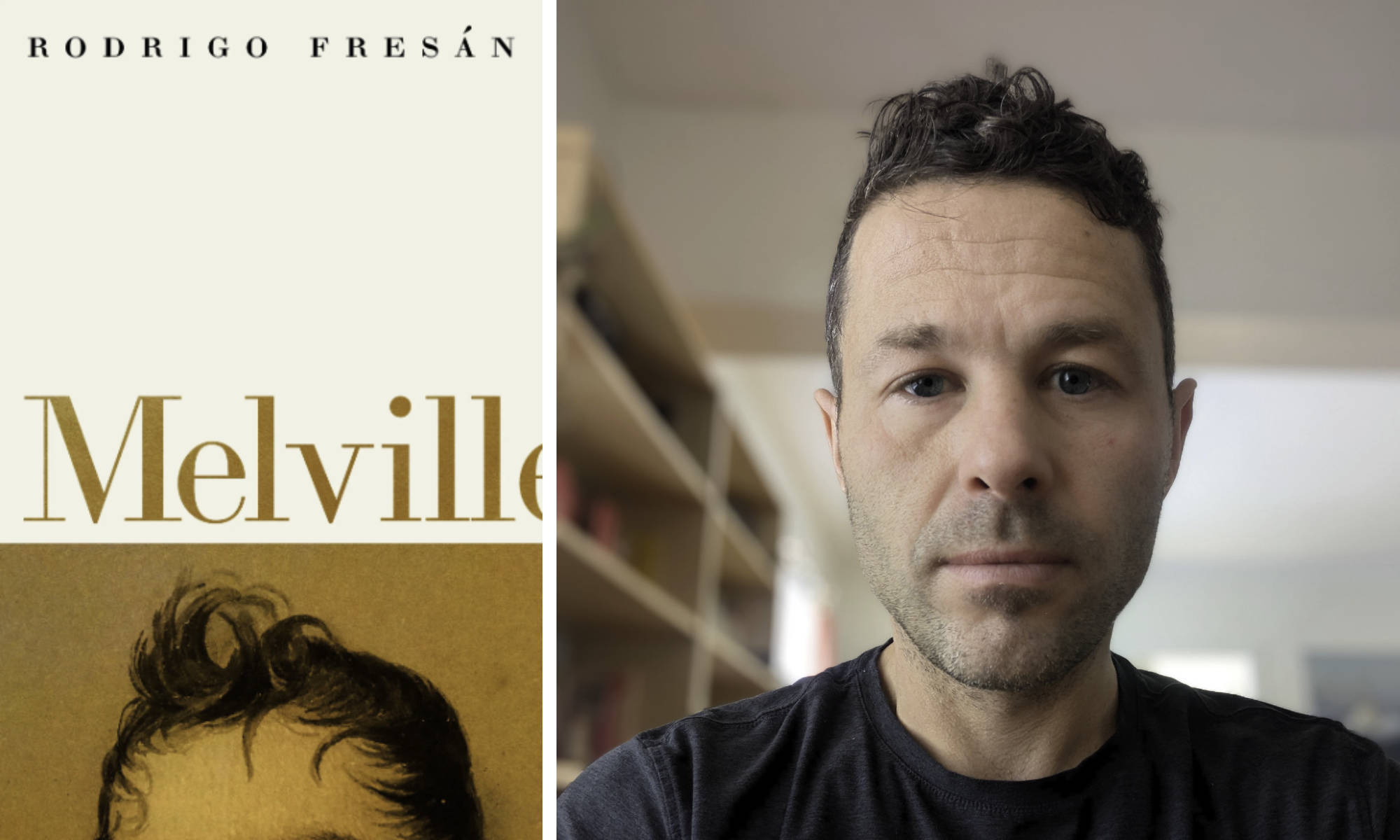The acclaimed writer and University of Rochester English professor explores the theme of ‘lost stories.’
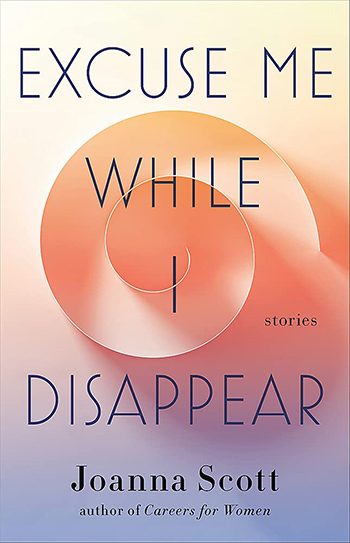 Celebrated for her work as a novelist, Joanna Scott, the Roswell Smith Burrows Professor of English at the University of Rochester, returns to the short story format in a new collection, Excuse Me While I Disappear (Little, Brown, 2021).
Celebrated for her work as a novelist, Joanna Scott, the Roswell Smith Burrows Professor of English at the University of Rochester, returns to the short story format in a new collection, Excuse Me While I Disappear (Little, Brown, 2021).
The last time Scott published a short story collection was in 2006, with the release of Everybody Loves Somebody (Little, Brown). She has written 10 novels, including Arrogance, a Pen-Faulkner finalist, The Manikin, a finalist for the Pulitzer Prize, and Follow Me, a New Times Notable Book.
Scott, who teaches modern fiction, contemporary literature, and creative writing at Rochester, says she likes her short story collections to have “some unifying concept, in which each story illuminates something about the problem or theme I’m treating in the collection.” Her new collection, Excuse Me While I Disappear, explores the nature of lost stories. What happens to stories if we—as individuals or civilizations—are not around to tell them?
What does it mean to come back to the form of short fiction?
Scott: I wrote stories as a young writer in college and then in graduate school. I remember an editor who turned down a story for a magazine. He wrote to me and said, ‘All your stories seem like they’re attempting to be novels.’ I thought, ‘Yeah, I think, in a way, they are. There’s more I want to say.’
In thinking about stories and novels now, I find myself likening them to the ways we travel. We can go on a short excursion overnight with a small bag and pack in a lot—or we can pack a big bag and get on a plane and go for weeks. There’s excitement, but also lots of planning and effort that comes with longer trips. The shorter trips allow us to travel more lightly. In a sense that’s what I’m doing with the stories. It’s hard to contain material in the short form. I always find that a challenge. But it’s refreshing and a nice alternative. It’s a very different rhythm for me.
How do you decide whether to take the “big bag” or to pack lightly?
Scott: It’s important for me to change the rhythm of my work. To some extent, it has to do with the demands of my life. When there are extra challenges in life that keep me from long, deep periods of concentration, the short form is more suitable.
It’s also dictated just by the nature of the idea. There have been occasions where I started out with what I thought was a big idea, suitable for a novel, and it turns out it was a small idea, fitting better within the length of a short story. But some ideas just demand, by their nature, more space. Generally, I prefer the work of a novel. I love the feeling of going back to something each day. Hemingway wrote that he would always stop in the middle of writing in order to have something to pick up the next morning. I really like the feeling of returning to unfinished work and picking up where I left off.

What’s your thought process as you assemble stories into a collection?
Scott: When I have a pair of stories, I’ll look at them and think about what they have in common. I like to organize things so there’s some cohesion, perhaps because I have more of a novelist’s imagination. I almost think of stories as chapters, though each story is very different from other stories. All my collections end up with some unifying concept, in which each story illuminates something about a central problem or theme.
How did that process play out in your latest collection, Excuse Me While I Disappear?
Scott: This collection is mainly about reading and storytelling—the compunction to tell and to be heard and listened to. I often try to recover lost stories from history, and when the stories aren’t there to be recovered, I make them up. I like to consider how we give meaning to our experience by shaping it into narrative form. We all tell stories about ourselves. We have the urge to tell, and to arrange, and to write. What impact does this have? What happens if we lose the testimonies, the accounts, and the stories that were so important in our sense of ourselves, or important to others at some point?
How does that theme of lost stories play out in, say, “Principles of Uncertainty”?
Scott: In part, that story was generated by an invitation to write something in response to the work of a former colleague, Janet Wolff, who used to teach in Rochester’s Department of Art and Art History. She was retiring and moving back to the UK, and I was asked to contribute something for a festschrift to celebrate her career. In reading her work, I was intrigued by her treatment of uncertainty in art, and I thought, “Ah, I will take that up.” I set out to put very different characters in a confined space—in this case, inside a subway car—and considered what happens when different versions of a single experience are contradictory and compete for the truth. How do we, as an audience, choose what to believe?
What are you hoping the reader gains from this collection?
Scott: The experience of absorption. I love the feeling of being in a dream, where I am just there and forgetful of the world around me—even while that world is very much connected to the dream. And in reading, I love that feeling of being captivated by the story—almost trapped in it, and removed from the world. The feeling of absorption I love as a reader is something I try to give to other readers.
I found myself thinking recently that one of the other important feelings we get as readers is recognition. Some people call it “identifying with a character.” That is to say, “I identify with this character as someone I know in my life.” I think of that identification more as a kind of elusive recognition. And it involves becoming aware of something we didn’t know we knew. I will be reading certain books, maybe Dickens or Henry James, and the character I recognize will be entirely different from anyone I know. I won’t share the emotions or the experiences of the old man in Henry James’s story, but it could be that the thinking he does resonates with me in a way that makes me more aware of things I have thought. So it’s a kind of recognition that brings awareness.
Read more
 Mysteries shape Joanna Scott’s newest novel
Mysteries shape Joanna Scott’s newest novelCareers for Women, a new novel by Joanna Scott, the Roswell Smith Burrows Professor of English, had its beginnings in her attic. There, she kept a paper bag full of newspaper clippings that she’d collected in the wake of September 11, 2001.
 Joanna Scott finds novel in family history
Joanna Scott finds novel in family historyAuthor Joanna Scott pens novel after unearthing a trunk filled with diaries and documents from her great-grandfather, Armand de Potter.

